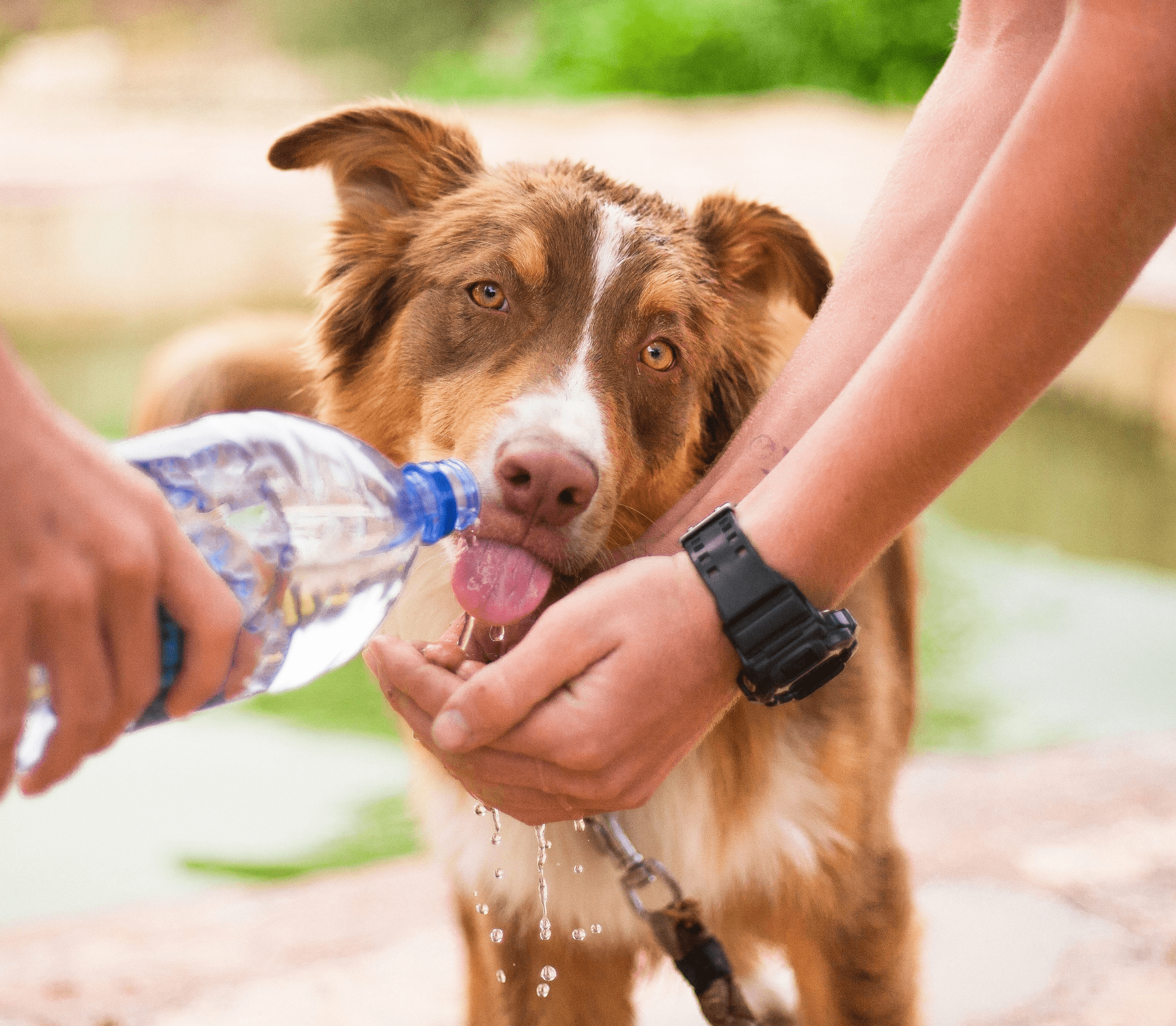Senior Cat Comforts
Did you know that cats are considered seniors by age nine? Just like people, kitties slow down as they grow older, and their needs change a bit. Read on as a local Washington DC vet discusses keeping an older feline happy, healthy, and purring.
Beds
By the time Fluffy reaches her golden years, she’ll be an absolute master napper, capable of snoozing up to 20 hours a day. Provide your sleepy pet with comfy beds and napping spots. (That includes lap space.)
Facilities
Older cats often have trouble with litterboxes that have high sides. You may want to get Fluffy one made just for senior kitties.
Grooming
Your furry little diva will diligently spend hours of her day grooming herself, and keeping her fur soft and clean. However, as she ages, it will get more difficult for her to bend and stretch enough to reach her whole body. She may start looking a bit unkempt and greasy. Help her out by gently brushing her.
Weight Management
We know, chubby cats are cute. However, that extra weight is very bad for their health! If Fluffy is, well, not just fluffy, talk to your vet about her diet.
Playtime
Your feline pal won’t be as silly or frisky as she was as a kitten, but she’ll still need entertainment and stimulation. Offer her lots of toys, and take time to hold a laser pointer or wand toy for her to chase after. (Don’t worry about overexerting her: cats tend to just stop playing as soon as they get tired.)
Safety
We recommend all kitties be kept inside, but this goes double for senior pets. Fluffy may not be quick or agile enough to escape hazards such as cars or predators. She’ll also be at increased risk of getting lost or hurt. Keep the furball safe and sound indoors!
Veterinary Care
Keep up with Fluffy’s veterinary care needs! It’s important to stay on top of your cat’s health, and monitor any changes carefully. It’s always best for health problems to be caught and treated early.
Love
Fluffy may get forgetful and confused, which may unsettle her. It’s important to make sure she feels loved and safe. Pay lots of attention to your furry buddy, and keep that little motor going!
Do you have questions or concerns about caring for your feline friend? Call us, your Washington DC animal clinic, today!



